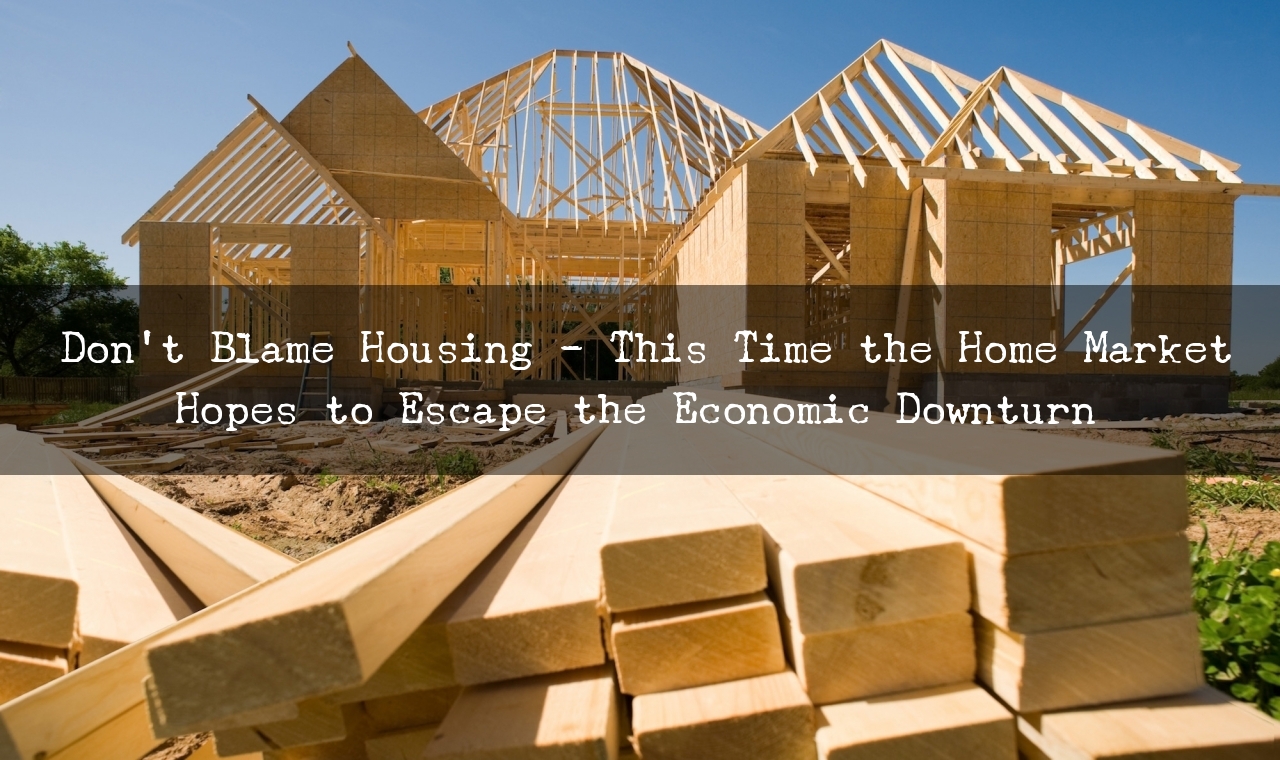Don't Blame Housing - This Time the Home Market Hopes to Escape the Economic Downturn
With the economy slamming on the brakes, homebuilders are potentially facing the greatest falloff in business in a decade. That’s a big concern in North Texas, which leads the country in single-family home construction and sales.
“As you would expect, there has been a slowdown in the traffic counts of prospective buyers,” said Ted Wilson, principal with Dallas-based housing analyst Residential Strategies. “While there have been some sales cancellations due to job loss and economic and stock market concerns, they have been minimal thus far.” Wilson said the local builders he’s talked with said last week’s new home sales were “still fairly decent,” with some buyers still hoping to take advantage of low mortgage rates. Demand for moderate-priced homes is still good, Wilson said. Still, he said, some firms are positioning for any potential slowdown. “Many have pushed the pause button with regard to new acquisition due to the uncertainty of the entitlement process within the municipalities [permitting and zoning] as well as the uncertainty of the duration of this disruption,” Wilson said. “While Wall Street has punished the stock prices of many of the public builders, the industry is much healthier from a debt to equity standpoint than it was going into the Great Recession of 2008 and 2009. “Many of the large builders I have spoken to are being careful with their cash and want to be opportunistic if there is future fallout.”
Many metro areas, including Dallas County, have exempted homebuilders from business shutdowns.
“Residential construction is being deemed essential in many markets,” said Robert Dietz, chief economist with the National Association of Home Builders. “This is particularly important as repair and new building needs to continue.” With the growing likelihood of a recession, Dietz said the U.S. housing market is in a better position than it was entering the last downturn just over a decade ago. “The housing sector enters this recession underbuilt rather than overbuilt,” he said. “That means as the economy rebounds — which it will at some stage — housing is set to help lead the way out. “In the medium term, builder balance sheets were in much better position coming into 2020, compared to 2008, so the concern now is liquidity and payroll,” he said. “Housing is approximately 15% of GDP, and in most locations of the U.S., that share will be even more important over the next quarter or two given the ongoing cessation of economic activity in other sectors.”
Builders in North Texas and across the country entered 2020 with upbeat attitudes, encouraged by low mortgage rates and record low unemployment. That outlook has dramatically changed with the pandemic and the expected spike in job losses and wage reductions.
The last recession was triggered by loose lending and speculation in the home market, but housing is now on stronger footing...

